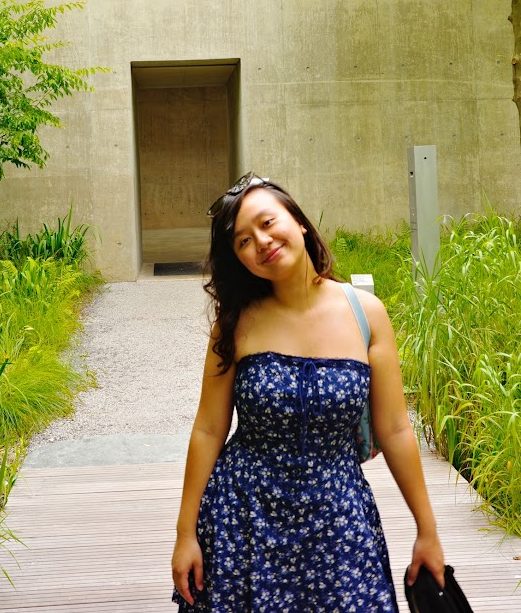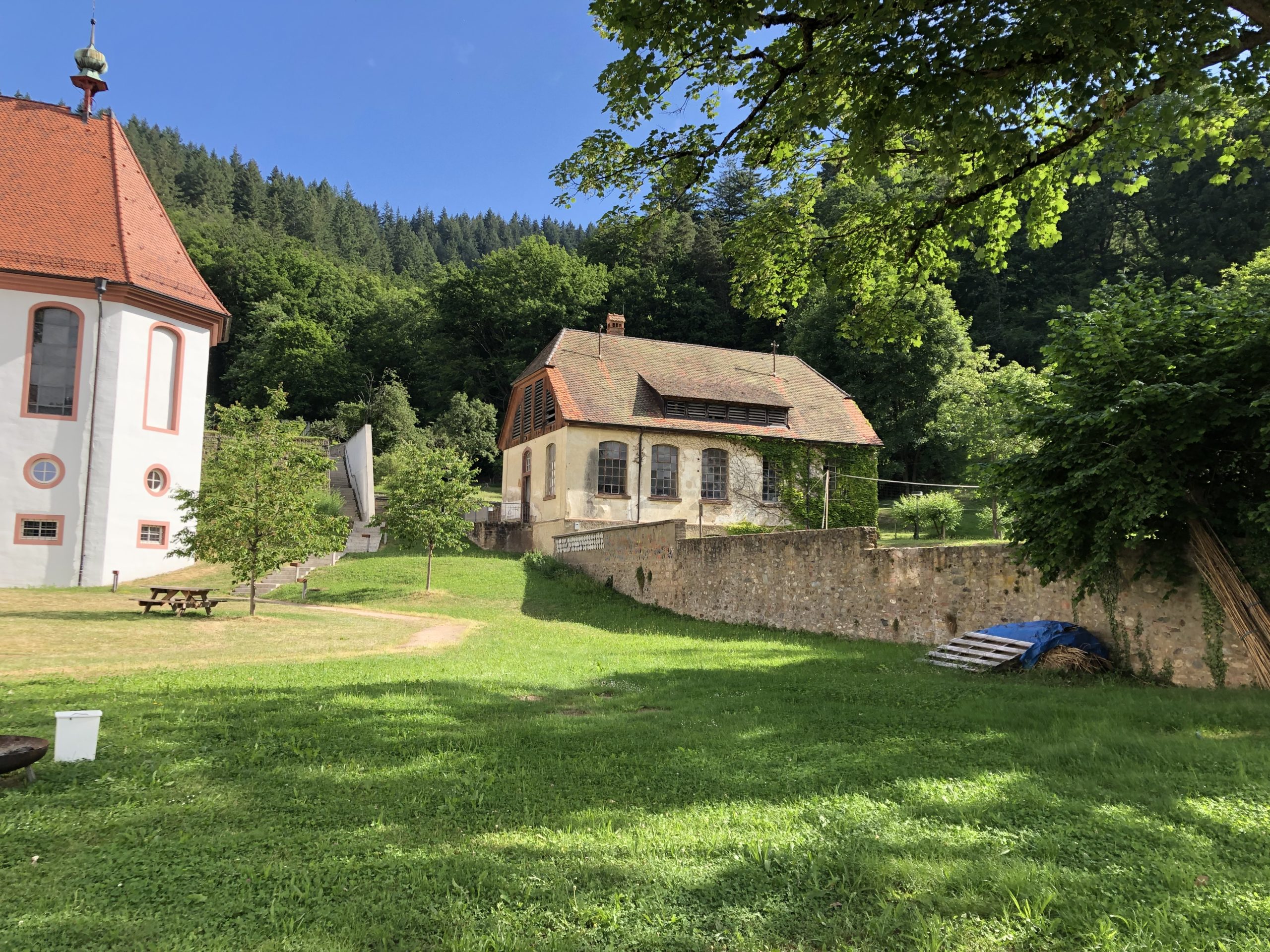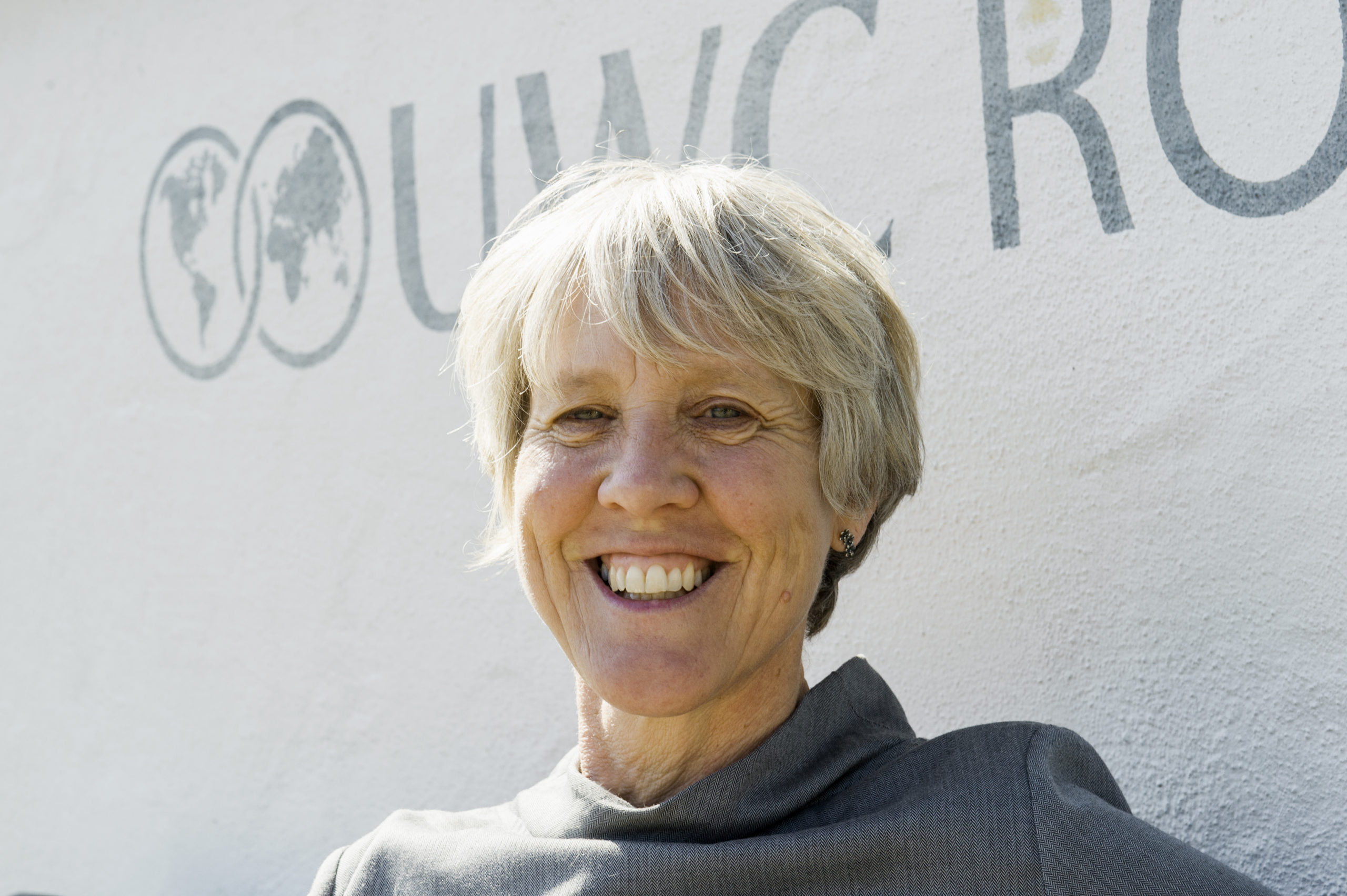Alumni Spotlight: Carrying UWC Values from Freiburg into Climate Action

When Nhu Phung first heard about UWC, it wasn’t the idea of studying abroad that drew her in, but the promise of a community where differences were valued and learning stretched beyond textbooks. Coming from Hanoi, a bustling city of ten million, the idea of moving to Freiburg, Germany, to attend UWC Robert Bosch College felt like stepping into another world. Yet from the moment she arrived and climbed the hill to campus, greeted warmly by older students who would soon feel like family, Nhu felt like a “fish in the right water.”
UWC RBC quickly became a space of discovery for Nhu. Having grown up in Vietnam’s rigorous education system, she was used to memorisation and long hours of study. At RBC, the shift towards critical thinking and creativity was challenging but liberating. Classes in Environmental Systems and Societies (ESS) sparked her interest in the human dimensions of climate change, while late-night conversations with friends from around the world opened her mind to perspectives she had never encountered before. “In Vietnam, sustainability meant picking up trash,” Nhu reflects, “but at RBC, I learned about justice, interconnectedness, and the human consequences of environmental issues.” Residential life, too, was a journey of learning and laughter. Nhu remembers how sharing a room felt natural, having grown up sharing space with her older sister, but living with peers from entirely different cultures was new. Her Dutch roommate’s openness and emotional honesty, so different from the logical, reserved communication style Nhu was used to, left a lasting impression. “Our differences gelled together,” Nhu says, “and those small daily interactions taught me empathy and the importance of caring for others beyond myself.” There were lighthearted memories too: muddy days spent cleaning the small pond and countless walks into the Black Forest that transformed Nhu from a city girl who had never hiked into someone who now treasures the quiet reflection of a forest trail.
After graduating in 2017, Nhu continued her path at Brown University in the United States, studying anthropology and environmental science — a direct continuation of the passions RBC had ignited. “RBC didn’t just give me direction; it gave me language to understand the world,” she says. Inspired by her Norwegian roommate’s stories of home and by Richard, her physics teacher at RBC who taught her how to ski, Nhu found herself drawn to Arctic policy, weaving it into her research focus as she explored the intersections of climate, community, and justice. Her years at Brown were not without challenges, particularly as the pandemic hit during her final years, bringing personal losses and global uncertainty. Yet, the lessons of resilience, community, and care she had learned at RBC carried her through.
Today, Nhu works at a climate think tank in Washington, D.C., focusing on policies and research that address the pressing challenges of climate change. Her work is technical and policy-driven, but she carries the spirit of UWC into each day. “UWC taught me to care deeply, to see the world through the faces of friends from around the globe,” Nhu explains. “Now, whenever I hear news about a country, I think of the person I know from there. It makes global issues feel personal, and that keeps me grounded in why this work matters.” For Nhu, the UWC mission of creating a more peaceful and sustainable future is not an abstract ideal but a daily commitment. She believes that while universities often empower students with knowledge and skills, it was UWC that taught her the values of empathy and responsibility. “At RBC, we learned that we are capable of making change, but also why we must care about the world around us,” she says.
Years after leaving the hilltop campus in Freiburg, Nhu still carries RBC with her, not just in her career but in the way she connects with people, approaches challenges, and continues to learn with curiosity and humility. Her story is a testament to how the UWC mission lives on long after graduation, and how the seeds planted during two years in Freiburg can shape a lifetime of purpose.

